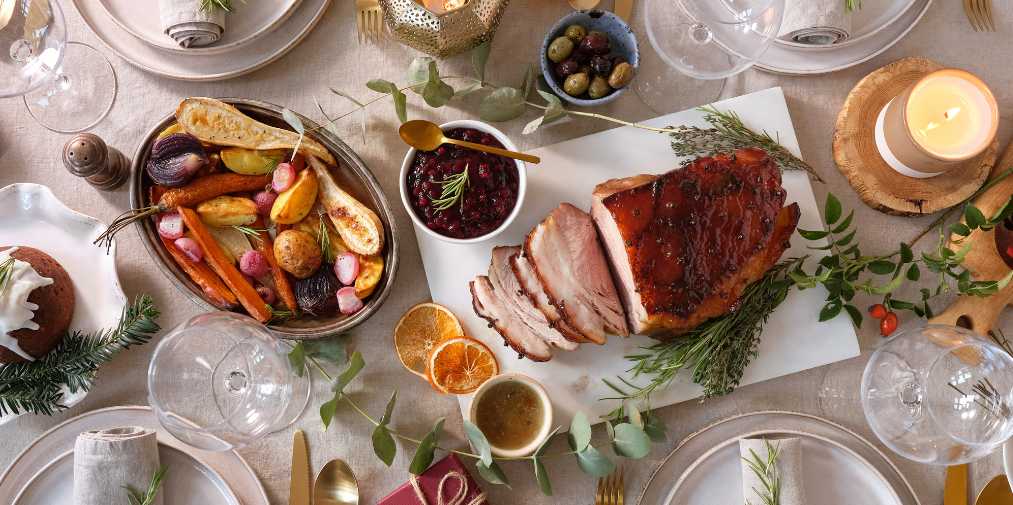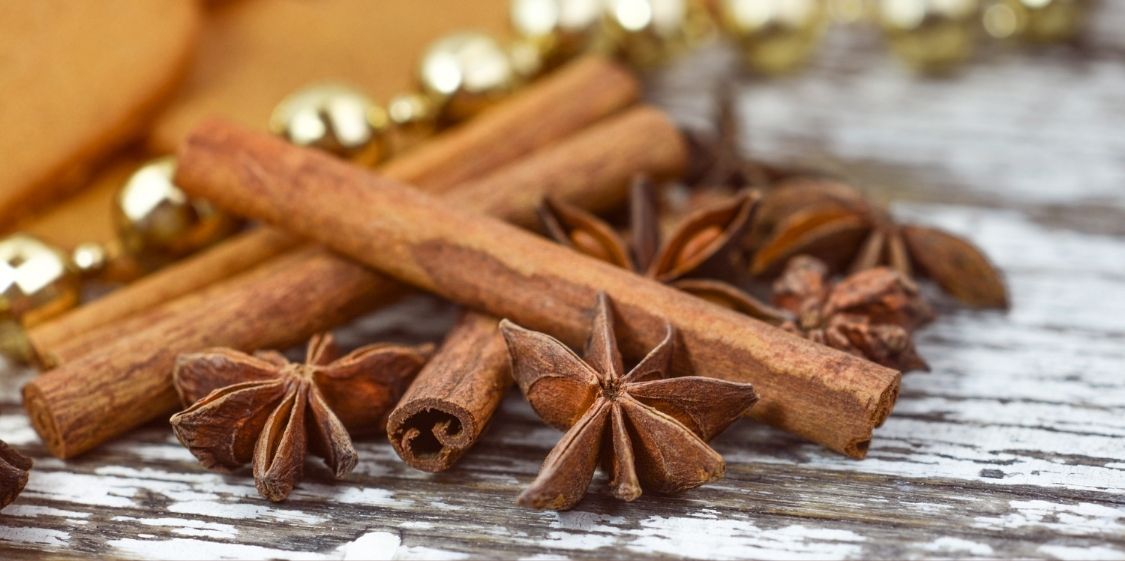Some dishes produce stronger odors than others, especially during the holidays. Following a few simple tips can help maintain a healthier kitchen environment:
- Plan Smartly: Prepare odor-heavy dishes in advance whenever possible. This not only saves time but also results in a cleaner and more organized kitchen.
- Use the Oven to Reduce Kitchen Odors: For roasts or dishes that can be cooked in the oven, choose this method over stovetop cooking. The oven contains vapors and aromas more effectively.
- Cook with a Lid: Use pots and pans with tightly sealed lids. Limiting vapor dispersion is one of the most effective ways to reduce odors in the kitchen. Pressure cookers are also excellent for dishes like stews, as they cook faster and contain odors better.
- Optimize Range Hood Usage: Turn on the range hood early—don’t wait until unpleasant smells fill the kitchen! Keep it running for at least 10–15 minutes after you’ve finished cooking to clear any remaining odors from the air.
With these strategies, you’ll be able to manage meal preparation efficiently, ensuring an even more enjoyable gathering for everyone.






